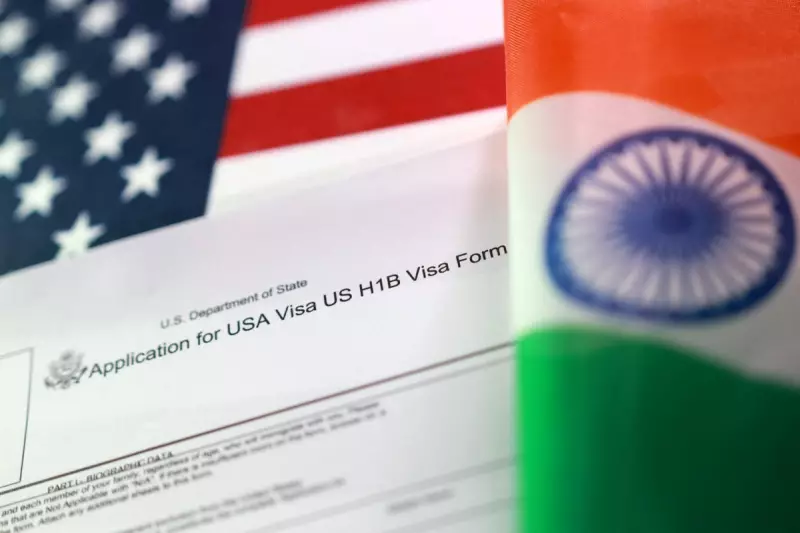
The Trump administration has unveiled a radical proposal to overhaul the controversial H-1B visa programme, a move that could see major technology companies facing application fees of up to $100,000 for skilled foreign workers.
A seismic shift for Silicon Valley
This dramatic reform, announced as part of the administration's "Buy American, Hire American" initiative, represents the most significant shake-up to the visa system in decades. The changes are specifically designed to incentivise US firms to prioritise American workers over foreign talent.
What's changing for employers?
The proposed rules would fundamentally alter how companies access the H-1B programme:
- Substantially increased fees: Application costs could skyrocket from current levels to as much as $100,000 per visa
- Tighter wage requirements: Employers must pay H-1B workers significantly higher, prevailing wages
- Stricter qualifications: Narrower definitions of "speciality occupations" that qualify for the visas
- Enhanced enforcement: Increased site visits and compliance checks for companies using the programme
Impact on the technology sector
The tech industry, which has heavily relied on H-1B visas to fill specialised roles, is expected to face considerable disruption. Companies from Silicon Valley startups to established giants like Google, Apple, and Microsoft may need to completely rethink their hiring strategies.
"This is essentially a massive tax on innovation," one industry insider commented. "For many firms, these costs could make hiring essential specialised talent completely prohibitive."
Administration's justification
Officials argue the reforms are necessary to protect American jobs and wages. The administration claims the current system has been exploited by some companies to undercut US workers with cheaper foreign labour.
The new rules would particularly affect companies with more than 50 employees where at least 15% of their workforce are H-1B visa holders. These firms would face the steepest fee increases under the proposed tiered system.
What happens next?
The proposal is now subject to a standard public comment period before potential implementation. Legal challenges from tech industry groups are widely anticipated, setting the stage for a prolonged battle over the future of skilled immigration in the United States.
With the US presidential election looming, these proposed changes add another layer of uncertainty for international tech workers and the companies that depend on their expertise.





